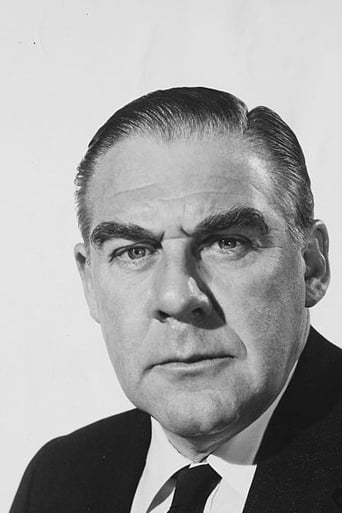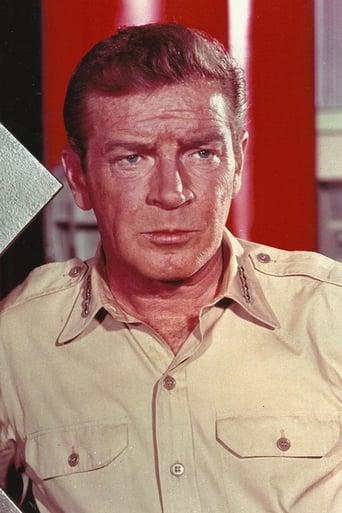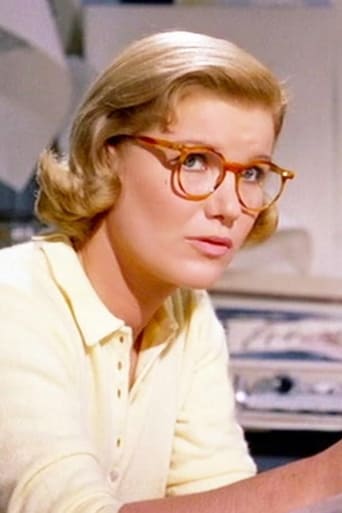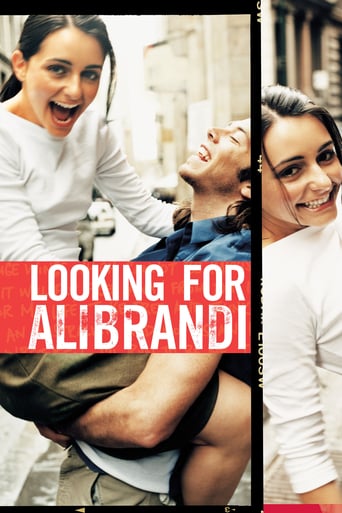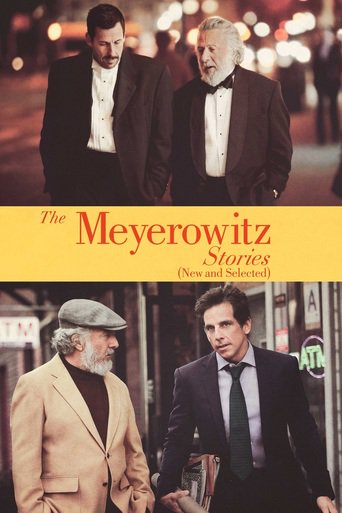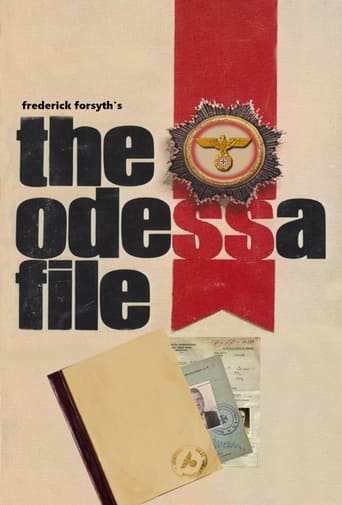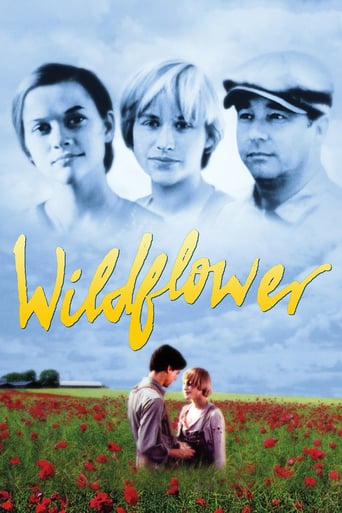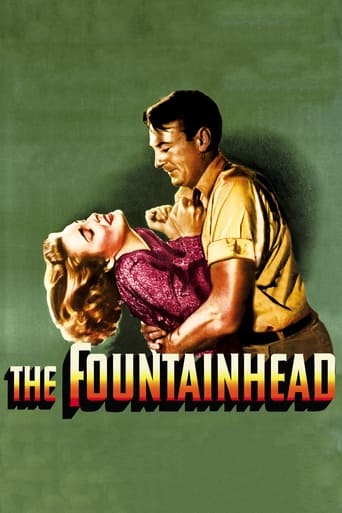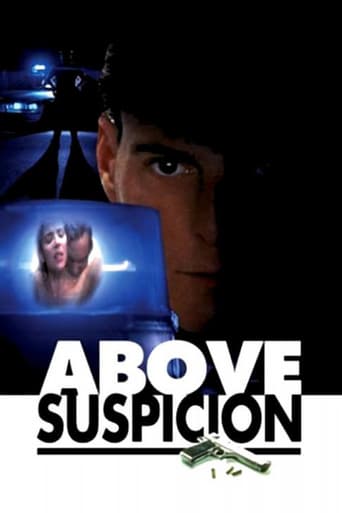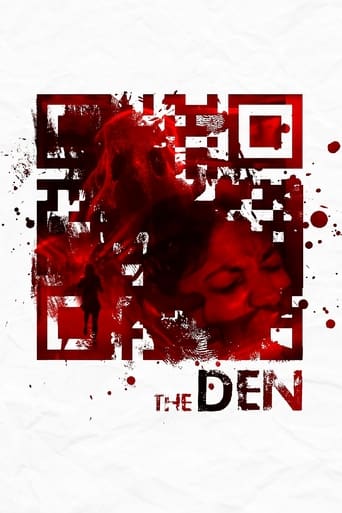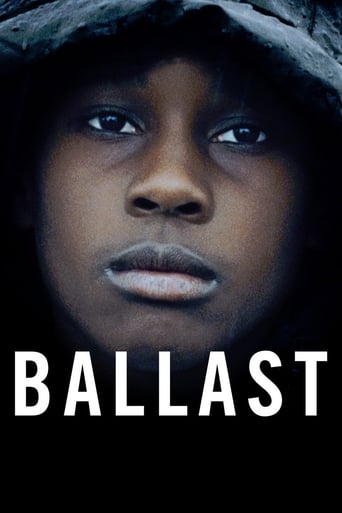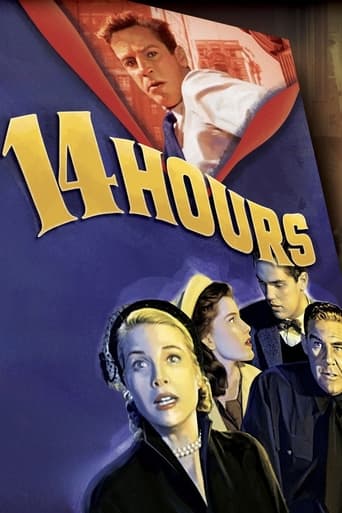
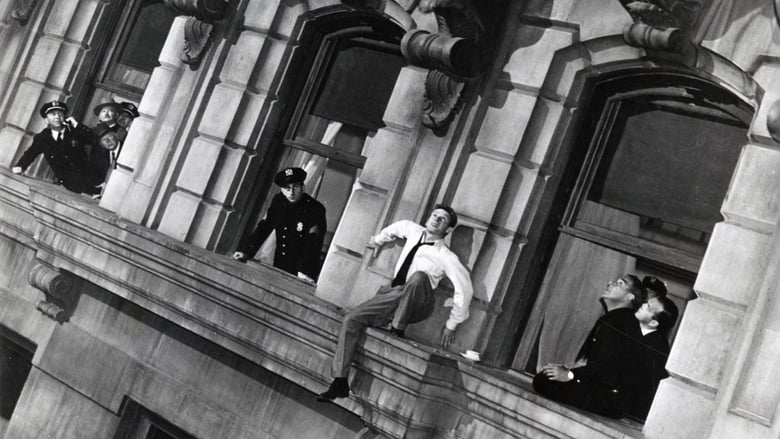
Fourteen Hours (1951)
A young man, morally destroyed by his parents not loving him and by the fear of being not capable to make his girlfriend happy, rises on the ledge of a building with the intention of committing suicide. A policeman makes every effort to argue him out of it.
Watch Trailer
Cast


Similar titles
Reviews
Perfect cast and a good story
A Disappointing Continuation
The story, direction, characters, and writing/dialogue is akin to taking a tranquilizer shot to the neck, but everything else was so well done.
The film never slows down or bores, plunging from one harrowing sequence to the next.
***SPOILERS*** It's when the crazy mixed up Robert "Bobby" Cousick, decided to take a stroll on the ledge of the 15th floor of the Rodney Hotel on Saint Patrick's Day no less that had the entire downtown section of Manhattan came to a complete halt. The crazy guy had a number of family and girlfriend issues that drove him to try to off or kill himself but it was traffic cop on his morning coffee brake Charlie Dunnigan, Paul Douglas, who came on the scene trying to talk him out of doing himself in. As tension builds up thousands of new Yorkers as well as tourists gathered beneath the hotel to watch the show including two star struck lovers Ruth & stock and box boy Danny Kempner, Debra Paget & Jeffery Hunter, who ends up talking a walk down Wall Street arm and arm by the time the show or movie is finally over. There was also a bunch of taxi drivers taking bets when Cousick would take his fatal dive just to pass, since they weren't doing any business anyway, the time of day that after 14 hours went into the night.Up on the 15th floor Dunnigan does his best to talk Cousick out of killing himself but is interrupted by police top head shrinker or psychiatrist Dr. Strauss, Martin Gable, who's advice in what he should do, get in touch with his inner feelings, makes things worse not better. That as well as Cousick's parents his drama queen mom Christine, Agnes Moorehead, as just sobering up dad after spending all night in a local bar Paul, Robert Keith, who's very presents makes Cousick far more willing to off himself then not jumping. Finally we get to see the reason for Cousick's demented actions when his girlfriend Virginia Foster, Barbara Del Geddes, is brought in to talk some sense into his confused head. ***SPOILERS***It was Virginia who finally got to Cousick but as usual the police, with the exception of Officer Dunnigan,almost blew it by jumping the gun as he was about to come back into his hotel room setting up the exciting final heart dropping, of many, scene in the movie. Look for a young 21 year old Grace Kelly as Louise Ann Fuller who by watching all the action provided by Cousick from her lawyers office decided not to divorce her husband Thomas, James Warren, by seeing that some people in the world have far more problems that she and her husband do!P.S The movie was based on 26 year old John Warde who jumped to his death off the 17th floor of the Hotel Gotham on July 26, 1938. That after his sister made an off color remark about his mental status that drove him off the edge as well as the edge of the 17th floor of the hotel.
Nervous young man visiting New York City stands on the ledge outside his fifteenth-floor hotel room window threatening to jump; the first cop on the scene, a "flat foot" working stiff, establishes a connection with the kid just before the whole incident boils over into a media circus. Despite a disclaimer at the beginning, this was indeed based upon a true story, and John Paxton's screenplay (expanded from an early draft by Joel Sayre) admirably wastes little time at setting the viewers' nerves on edge. Unfortunately, the budding confidence the cop initiates with the suicidal man isn't really developed--and, possibly in an editing mistake, he seems to know more about the guy's situation than he should be privy to. Paxton sets up several story threads within the large crowd gathering below on the street, but these relationships (particularly between the jaded cab drivers) are equally tepid. Strong central performances do bolster the melodrama, particularly by Paul Douglas as the good-hearted traffic officer (it's really Douglas' movie), Richard Basehart as the man on the ledge, and Howard da Silva as the police chief. Many famous, likable character actors pop up in support, as well as Grace Kelly in her film debut. Involving and intense, though sharper attention to detail and character might have turned the proceedings from good to great. **1/2 from ****
Unlike most films that considered 'noir', this one does not focus on the police or criminals; but on a man attempting suicide and the attempts by the authorities to talk him out of it. The film reminded me a lot of the 1975 classic Dog Day Afternoon for it's portrayal of a media circus. The centre of the film is really very simple and most of the focus is on the lead character, meanwhile we learn more about him and watch the various attempts to stop him committing suicide. The film gets straight into its plot and we watch a man step out onto a hotel balcony. Somebody sees it and a local traffic cop makes the call to his higher ups. He also goes and sees the guy on the window ledge and has a little chat with him. More police and some doctors then turn up, but the man on the ledge insists he'll only talk to the traffic cop and so he's called back in to help the situation. The reasons for the attempted suicide are slowly unveiled; meanwhile we also get to see the reactions of the various people on the ground.The film is very well directed by Henry Hathaway, who manages to constantly ensure that his simple plot is constantly fascinating. The dialogue between the central characters is good, and the psychology presented by the various doctors is also interesting. Richard Basehart takes the lead role and manages to convince the audience that he's going to commit suicide; although he does constantly sound drunk. He has a good rapport with Paul Douglas, who 'befriends' him during the ordeal. The support cast includes the likes of Agnes Moorehead and Grace Kelly. The central plot is fleshed out by some smaller stories of the people on the ground, and the film portrays some good that comes of the central situation. This is an interesting idea, though it has to be said that the way it is portrayed feels somewhat pretentious. The film flows well throughout and the running time passes quickly up until the ending, which is really quite predictable; but still it works well. Overall, Fourteen Hours is an excellent thriller and comes highly recommended.
It's not about homosexuality, as film historian/commentator Foster Hirsch wants to believe. It's a noir Hamlet: "You're gonna jump, you're not gonna jump...!" "To be or not to be" is paraphrased by both Dunnigan and Dr. Strauss (Martin Gabel), but it's one of the reporters who quotes the play directly, "The lady doth protest too much." (Hirsch himself compares the cabby-scenes to a Shakespearean comic sub-plot.) Finally found John Cassavettes: he even has a small speaking part. He's the reporter "announcing" Mrs. Cosick's arrival at the hotel...on the telephone, to his paper. (The receiver obscures the lower part of his face.) Richard Basehart was in his 30's at the time. I read somewhere that Fellini told him, "If you could do '14 Hours,' you can do anything," explaining why RB was chosen to play "Il Matto" in "La Strada" ... a tight-rope walker.


